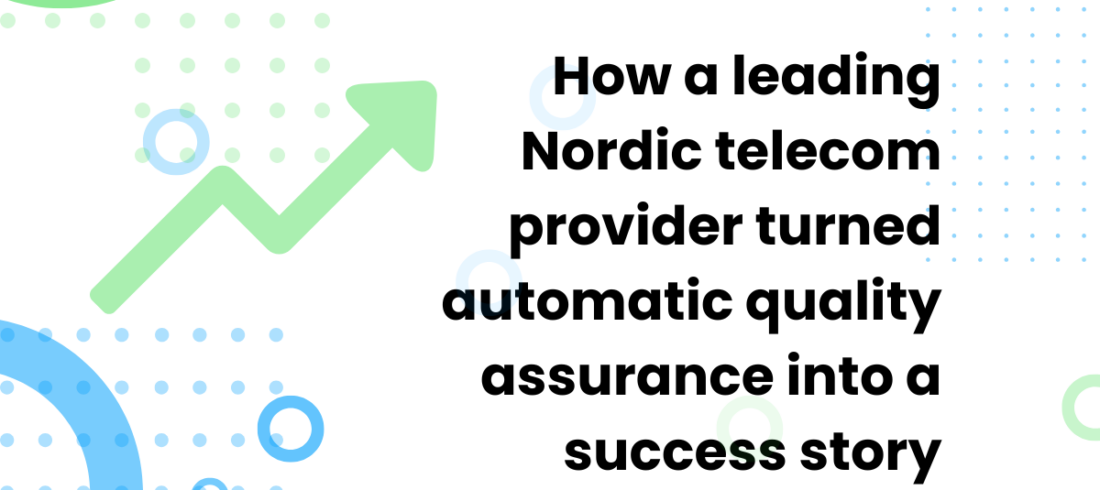In this week’s post we are going to look at the latest Mckinsey Report Notes from the AI Frontier: Applications and value of deep learning. Within the report they state that the use of AI could add between $3.5 and $5.8 trillion to the global economy. But, what else did they predict? How does it compare to other sources of data? And, what are the implications of AI for your business?
What does the Mckinsey Report tell us?
When we read figures like $3.5 and $5.8 trillion it is hard sometimes to understand quite how much money that is, because of it so far beyond any personal wealth we will ever have. However, we can compare figures such as this to the wealth of nations. In 2016 the World Bank reported that the GDP of Germany was $3.4 trillion and Japan $4.9 trillion. In fact, only the USA and China had GDP figures that exceeded $5.8 trillion, being $18.6 and $11.2 trillion respectively. The total global GDP in 2016 was $75.8 trillion. These figures really highlight the impact that AI will have on the global economy and our lives in the coming years.
Taking these findings further, the Mckinsey Report stated that AI could add between 1 and 9% to each of the 19 industries studied. In fact, even the industry with the lowest reported impact of AI, Aerospace and Defence, its use could add a figure equivalent to the GDP of Lebanon (around $50 billion) to the value of the industry.
But how did they reach these results? The Mckinsey report studied over 400 use cases from 19 different industries and 9 business functions. In addition, they state that these figures are not forecasts, but potential values of AI based on the current global economy.
How do these findings compare to other data sources?
As Mckinsey state themselves, their figures are merely potential values. But are businesses harnessing this potential? When current statistics show that just 15% percent of businesses are currently using AI, you would think not. However, according to Adobe 31% of companies have AI on their agenda for the next 12 months. A positive sign indeed!
The main reasons given by businesses for adopting AI (in the chart above) were to gain a competitive advantage over their rivals and to expand into new business areas. However, companies are also adopting AI because of a fear that their competition will get there first and gain a competitive advantage. This shows exactly why so many businesses have AI on their agenda for this year.
A recent study by Accenture found that the use of AI could increase productivity by as much as 40%. This is possible due to AI’s ability to allow workers to concentrate on what they do best, being creative. AI also allows capital to be used more efficiently, saving money, while still driving growth. It is this increase in productivity that is seen as one of the main drivers in future global economic growth.
AI not only helps businesses to work more efficiently and save money. It can also help to increase sales to customers. A study from PointSource found that if used tactically, AI could increase the amount of money spent by 1/3rd of customers.
What are the implications of AI for your business?
We mentioned previously that the use of AI could add $50 billion to the Aerospace and Defense industry. However, this is the sector with the smallest possible impact of AI. So, what impact will AI have on the industry that your business operates in?
When looking at the table above a couple of figures really stand out. The 7.2-11.6% increase in revenues in the travel industry, and the 5.7-10.2% increase in revenues in the high tech industry. If we look in particular at the travel industry, the use of AI could more than double the results of more traditional analytical methods.
According to the study the greatest benefits of AI can be found in sales and marketing as well as in operational functions, such as supply-chain management and manufacturing. This makes the consumer packaged goods, banking, retail, telecommunications, high tech, travel, insurance, and media and entertainment industries particularly good sectors for the use of AI. If we take operational processes as an example, the use of AI could help to reduce utility bills and wastage of raw materials.
If you really want to know how to maximise the effect of AI on your business the Mckinsey report suggests ‘following the money’. For example, if your business operates in the retail sector, focusing AI on sales and marketing will help boost sales. While, if the quality of your manufactured goods is at the core of your company, then using AI to boost your operational procedures is the way to go.
Conclusion
The Mckinsey report projects that the use of AI could potentially add up to $5.8 trillion to the global economy. This is a potential increase of between 1-11% for all industries. Even the industry where AI is seen to have the lowest potential (Aerospace and Defense) its use could still add around $50 billion to the sector.
Although currently only 15% of businesses are using AI, they are starting to see its potential. In fact, 31% of businesses have it on their agenda for this year. The reasons for this increased interest are the potential AI brings to increase sales, boost efficiency (up to 40%), and the fear that their competitors will gain an advantage if they don’t adopt.
Whatever industry your business operates in AI has great potential to drive your future growth.
Do you want to know how AI could help your business? Feel free to ask…



